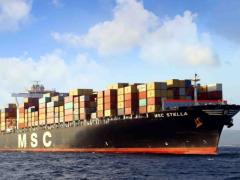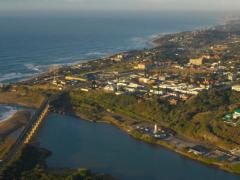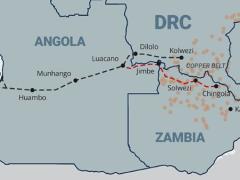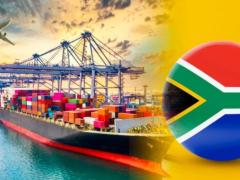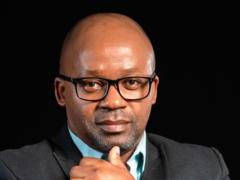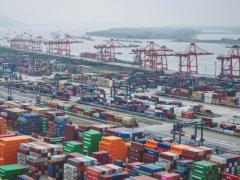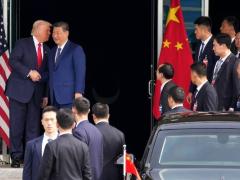Hydraform don’t just cross borders, they infiltrate communities and create hope in places where there is sometimes very little else. From Bujumbura to Burkina Faso their achievements stand proud and it is hard to comprehend that the vision for one of South Africa’s top medium exporters was born in a garage in Sunward Park in Boksburg more than 20 years ago. It would be too simplistic to describe the company as manufacturers and exporters of unique brick-making machines. In Zambia an orphanage is finally self sustaining after buying one of Hydraform’s block-making machines – not only do the children now have homes, but they use the machine to make bricks that they sell for an income. In Tanzania the Malaika children’s village is a safe haven to children who have been left orphaned by HIV/Aids. Built with Hydraform blocks the village and its adjoining school is home to more than 300 children. In Northern Uganda a community – rural and poor – finally has doors it can close against the elements, keeping its children safe and warm. There is no doubt that when it comes to housing projects, the Hydraform building system takes into account the three pivotal factors that ensure success – cost effectiveness, community upliftment and sustainability. “The founders of the company, Jochen Kofahl and Robert Plattner, were not just creating a business, they had a vision of creating an alternative building system,” says Hydraform marketing manager Nazlie Dickson. “They tell the story of how it all started in a garage in Boksburg where they spent hours researching and developing their first brick-making machine.” Today Hydraform technology has been used all over the world with over 3000 Hydraform block machines running on five continents. The bricks are fire-resistant, durable and are thermally, acoustically and structurally beneficial for housing. There is a range of machines that can produce between 1500 and 3000 building blocks a day that are interlocking. Mortar is only used in the foundation phase of building and below the roof structure, but once it gets to ground level blocks are literally just stacked up to create structures. “The benefits are endless from its cost efficiency to its structural soundness,” says Dickson. “The system is really unique in that a Hydraform Interlocking building block is produced from soil found on or near the building site and mixed with 5-10% cement. Very little water is used for block-making and no burning or firing of blocks is required. Eco-friendly and not needing skilled labour, it is a system that has been embraced by a diversity of customers. “Obviously governments and nongovernmental organisations are some of our big clients as the benefits are huge in that the machine is very mobile, diesel driven and easy to use.” But it is also sought after by entrepreneurs wanting to start their own block yard or construction company. The vision has never really changed from research and development and the company, originally named after its product – the hydraulic formation of bricks or blocks – has expanded to include a vibraform range of machines which make standard concrete blocks and pavers. Hydraform also offers a range of entry level roof tile machines and more recently has stepped into the solar lighting industry.” There are three elements that are crucial for good exporting, she says. While most of the machines destined for southern Africa are delivered by road, East and West Africa is serviced by sea. “Strategically and logistically it has made sense to establish our factory in Durban as we use the port to import certain components and to export our finished products. Sea remains the most cost-effective and safe way of moving cargo although South Africa is still very isolated in that only a limited number of vessels are calling between South Africa and other African ports.” Dickson believes trade in Africa could greatly benefit if it was streamlined and allowed to flow more easily. “Monopolies around routes make the end product more expensive, while we also have systems in place that are not always accommodating for fast and efficient exports. VAT restrictions are cumbersome to our clients and often the bureaucracy around the processing of exports, like the documentation that is needed, can be difficult to deal with. Then there are the import taxes on the clients’ end to take into consideration. Africa trading with Africa should be made easier to encourage more trade.” Recently awarded the Gauteng Medium Exporter of the Year award as well as the winner of the Exporter into Africa Award, the company has managed to maintain export sales by not just providing a good product to its clients but also in developing skills through training programmes across the continent. “For 2011 we see good opportunities and we hope that the rand/dollar exchange rate becomes a bit more conducive to benefit South African exporters,” says Dickson.


